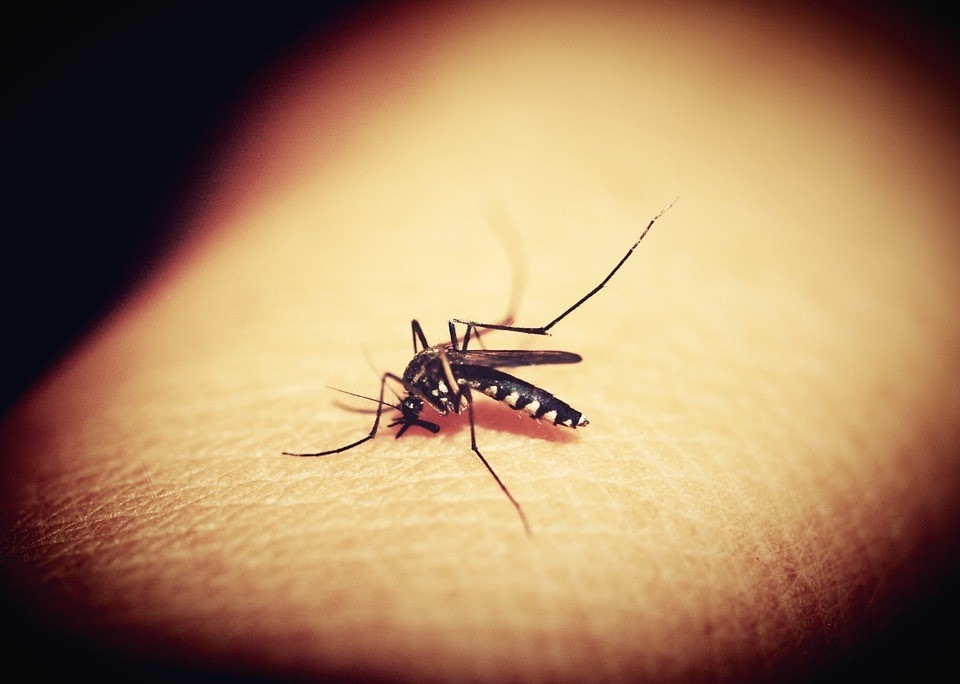Community Health workers in Myanmar contribute to 70% reduction in Malaria species

Over a six year period, malaria cases in remote and rural locations of Myanmar have drastically decreased due to the service of trained community health care workers.
According to a study by BMC Medicine, when local health care workers began to offer more comprehensive services including screenings and treatments for malnutrition, diarrhoea, respiratory tract infections, tuberculosis and malaria, villagers’ health improved along with malaria control.
Oxford University-affiliated researchers who were involved in the study saw a 70% decrease in incidences of Plasmodium falciparum due to the help of health care workers who provided malaria diagnoses and treatment.
Plasmodium falciparum is the deadliest of the five malaria parasites that infect humans, and causes approximately half of all malaria cases.
Frank Smithuis, director of the Myanmar Oxford Clinical Research Unit and the NGO Medical Action Myanmar (MAM) in Yangon commented:
“To maintain effective malaria control in hard to reach areas, village health workers were trained both to screen and treat malaria and to handle other common health care needs. This significantly reduced malaria transmission and kept patients coming in to be screened for malaria, which is essential if we are to eliminate malaria in Myanmar.”
The “World Malaria Report” from the World Health Organization (WHO) noted that the incidences of malaria in Myanmar remarkably declined over a seven year period. In 2010, there were 2.16 million cases which resulted in 4,000 deaths, while in 2016 there were 142,600 cases and only 240 deaths.
WHO has orchestrated a 15-year strategy for controlling and eradicating malaria by 2030. They intend to reduce death rates by at least 90% and prevent the reintroduction of malaria into developed countries.
Efforts to improve access to artemisinin-based combination treatment, funding from the Myanmar government and international partners and the further use of insecticide- treated bed nets has contributed to the decline in Myanmar.
The Ministry of Health and Sports is conducting awareness campaigns and hosting fundraising events throughout Myanmar for the malaria elimination programme.
Although there has been a significant reduction in the number of malaria cases and reported deaths in the Greater Mekong Sub-region, resistance to partner drugs and artemisinin are threats to continued progress toward malaria elimination.
The AIDF Asia Summit will return in 2019.
If you’d like to stay informed on the latest updates in aid and development, please sign up for the AIDF newsletter.
Photo Credit: Pixabay














